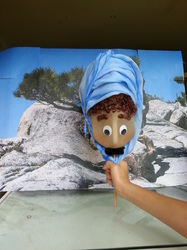If we stop learning today, we stop teaching tomorrow. - Howard hendricks

Yes, I've put in years of formal study, read books, magazines and articles and listened to countless speakers. But no, there is still plenty that I need to learn. It's been said that, "He who dares to teach must never cease to learn." It's good advice, especially for those who work in children's ministry.
Is that discouraging? Not at all... there are so many ready sources of information and learning now available: printed books, e-books, magazines, blogs, podcasts, training videos, conferences, ministry networks and more.
I also need to learn from kids and families. Our culture is constantly changing and, if I want our ministry to be relevant to the needs and concerns of families and kids, I need to be aware of just what those needs are. I need to know what interests the kids and captures their time and attention. I need to present my content using language they will understand and relate to.
Not knowing everything also means that I need to encourage my leadership team to be actively involved in our planning meetings, participating in the discussions and sharing their own wonderful ideas and suggestions.

The analogy here is the mandatory safety lecture we all receive from the flight attendant when our plane is about to depart. The speech is boring, but crucial: “In the event of a change in air pressure, please put on your own oxygen mask first before assisting the person next to you."
How can we teach children and encourage them to develop a vibrant, personal relationship with Christ if our own is lacking? This is especially important for kidmin leaders who rarely manage to sit in on 'big church.'
.”'Before I turn to my work in the world, I have inner work to do.' Parker Palmer

As children arrive for our midweek and Sunday morning programs, the first thing they do is rush over and talk. Some shout out their news while they're still half-way through the door. Others slip up quietly and wait until you ask them a question or two. Our message is important. Our teaching materials add excitement and interest. But it's our attention that kids want. Kids will listen and learn from us if we listen to them and give them our attention.
As I read the story of Jesus with the children, I've noticed that there is no recorded story or parable that Jesus told to those children. Though we know He spoke to them and blessed them, we don't actually know the words He said. But we know He certainly gave them just what they desperately wanted- His time and attention.

Plan this in.. it's important. It doesn't mean working from home or putting my feet up while I read a ministry related textbook. It doesn't mean trying out a new kidmin program. It doesn't mean working on an online project with ministry potential.
It does mean taking time to do something I enjoy that is totally unrelated to ministry, enjoying time with family or even working in the garden... Sometimes I just need to relax.
5. The best way to grow my ministry is to grow others.
Invest time in the leaders of your leadership team. Encourage them. Develop their skills and talents. Provide hands-on training. It's worth every minute.
Leave a comment below with some of the things you've learned in kidmin.

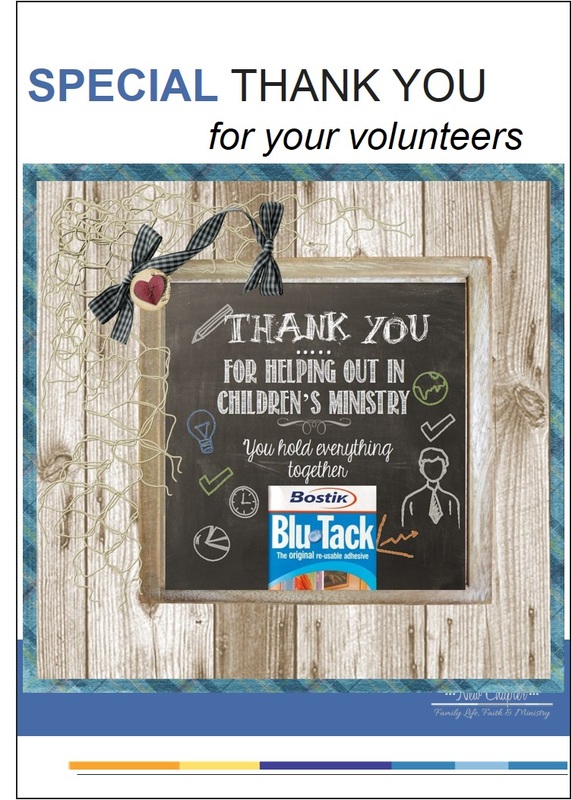
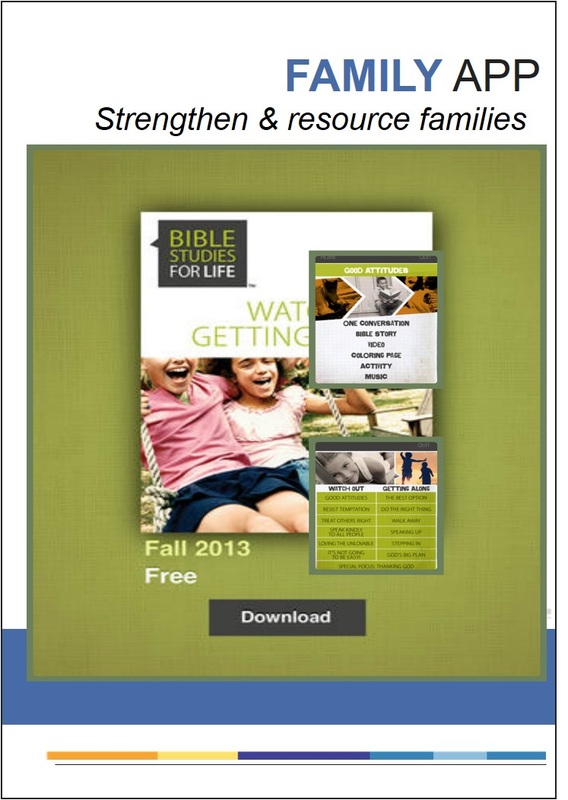


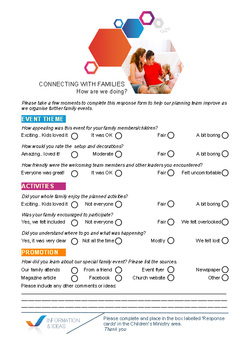


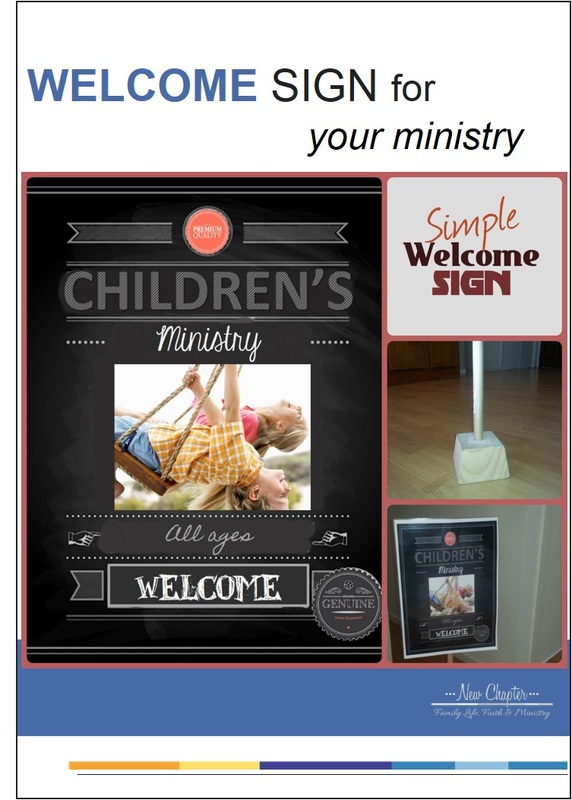






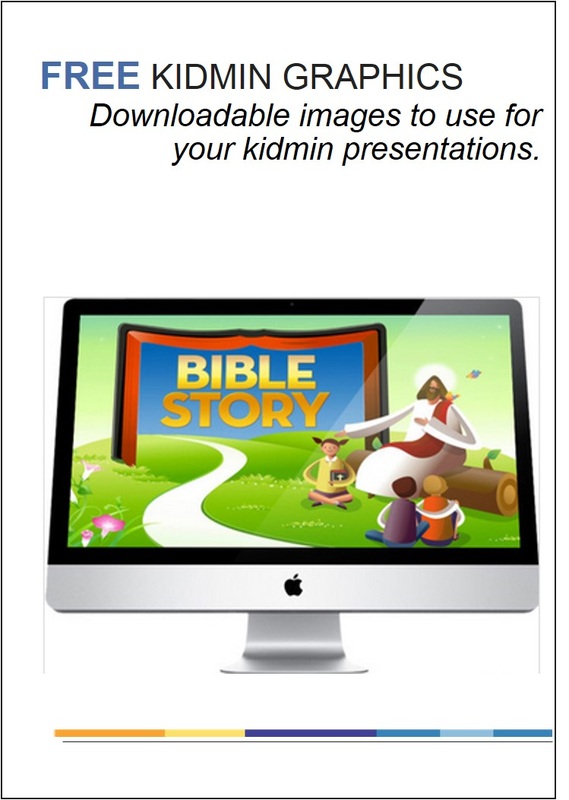





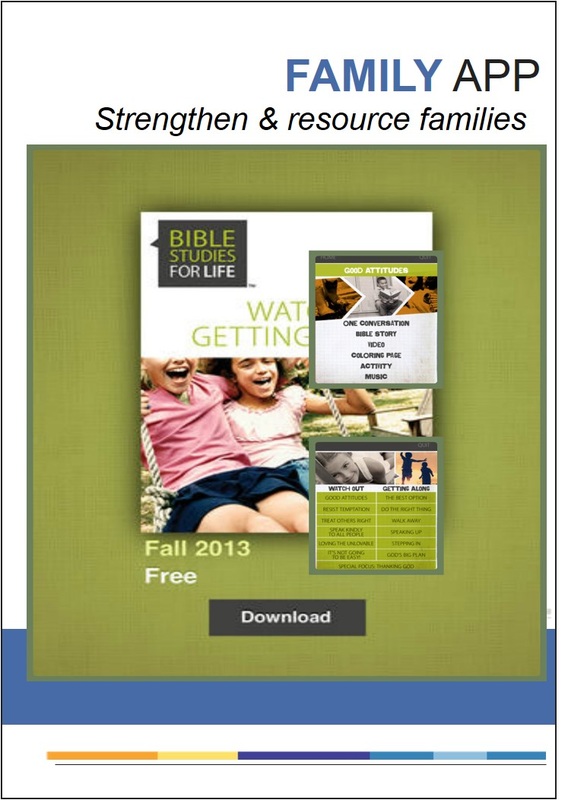






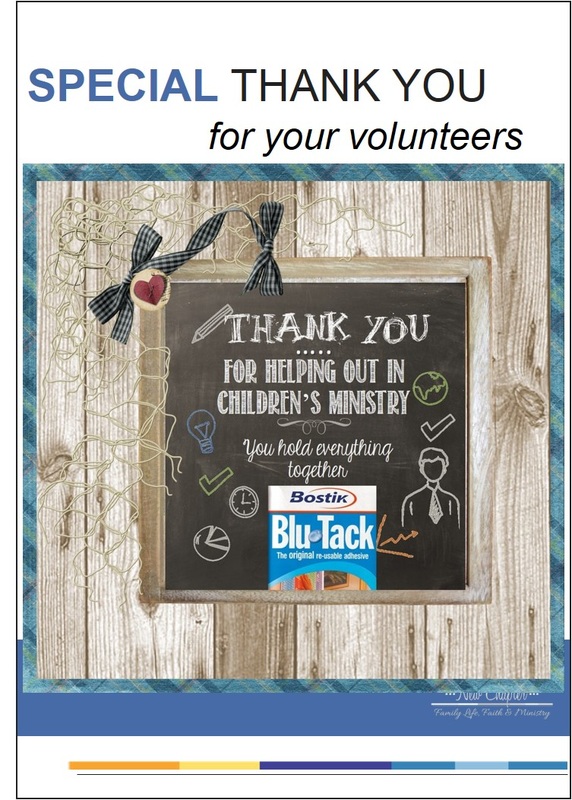














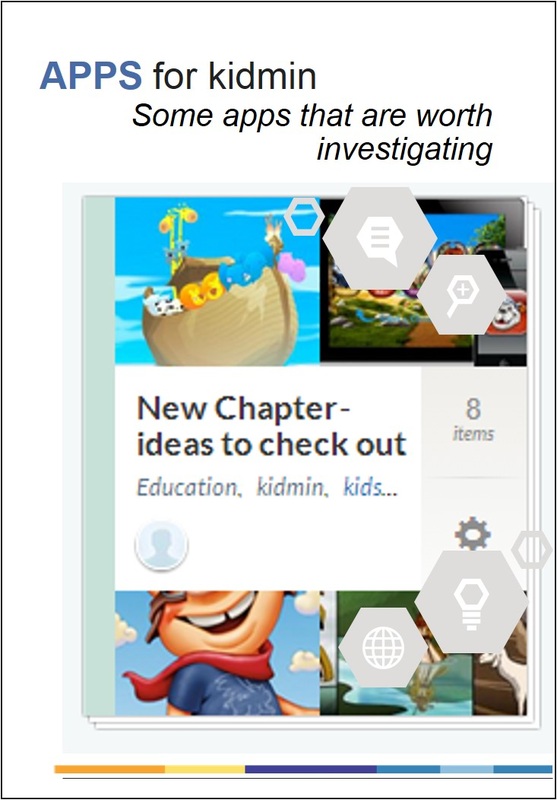




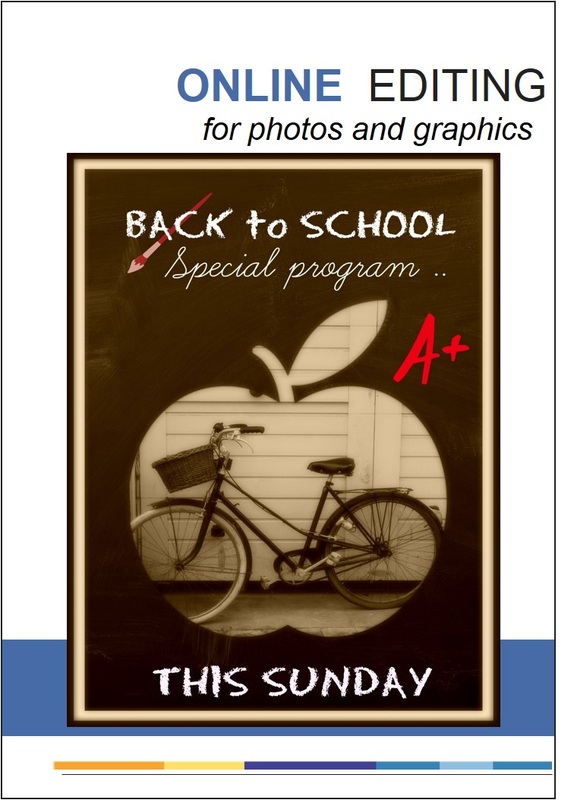
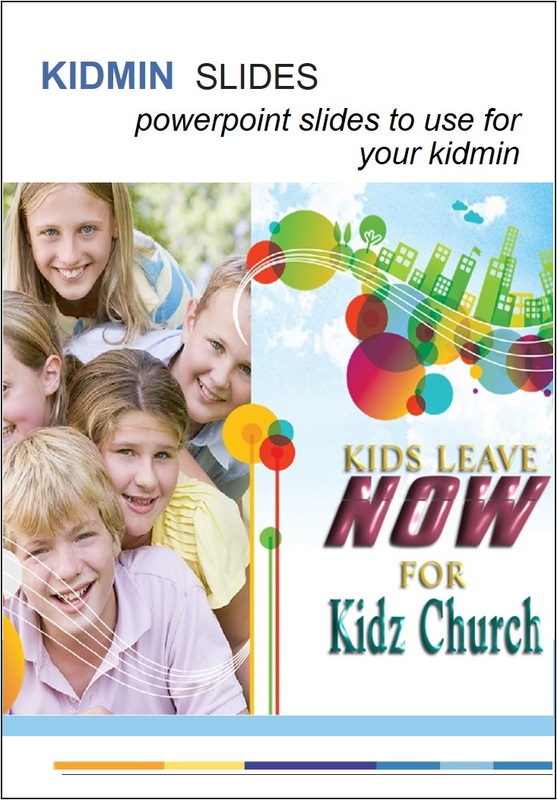














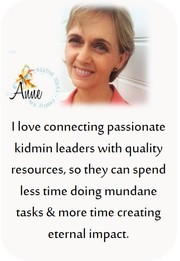



 RSS Feed
RSS Feed





